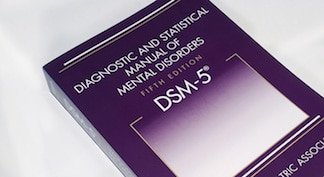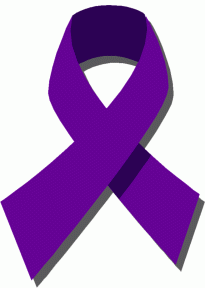Exam Prep
MFT Exam Prep: Free Practice Questions
I don’t know about all of you out there, but until I interned on an acute inpatient psychiatric unit, I really had no idea what a person experiencing psychosis really looked like (clinically speaking). This category of disorders, distinguished by the primary symptoms of delusions, prominent hallucinations, disorganized speech, or disorganized or catatonic behavior, is bound to come up on the MFT exam in a variety of ways. Here’s just one:
Transference vs. Countertransference: What's the Difference?
If you’re preparing for your ASWB Clinical Social Work Exam, transference and countertransference are two topics you definitely want to familiarize yourself with. As a coach I get a lot of questions on the differences between these two topics. Many social workers confuse the definitions of transference and countertransference and assume both warrant the same response. As we'll discuss throughout this blog, transference and countertransference require very different actions both on the exam and in real life. What is Transference? Transference is a dynamic that occurs in therapy between the
ASWB Practice Question: Minor Informed Consent
Minor consent for treatment is a topic I get questions on multiple times per week as an LCSW coach. So what is informed consent? Informed Consent Definition Informed consent is defined as the process for getting formal permission for treatment and services before engaging in treatment with a client(s). What makes minor consent for treatment so challenging is that rules and laws surrounding informed consent for minors vary state to state and this is a national exam. While you are licensed by your individual state, the licensure exam is the same across all 50 states. Because this is a national
Free MFT Practice Question: Sexual Disorders
Last month, our FREE practice question tested your knowledge of disorders related to health. This month, we focus on a subject that can be biological or psychological in nature; sexual disorders. If you are planning to take the California MFT Clinical exam or the AMFTRB National MFT exam, you are likely to see a question on the topic. As with any presenting problems that may have a biological component, it’s always important to remember our scope of practice as MFTs when answering questions on this subject. The exam question could test your knowledge of sexual disorders from a number of angles
Clinical Supervision on the ASWB Licensing Exams
This may come as a surprise to some LMSW and LCSW test-takers, but you are likely to see some questions on the ASWB exam asking what action a supervisor should take with their supervisee. The ASWB puts clinical supervision questions on their exams for two reasons.: 1. To assess whether social workers understand the purpose of and activities done in supervision; and 2. Once you pass this exam, supervising other social workers may be in your future! The NASW and ASWB collaborated to create a document on the Best Practice Standards in Social Work Supervision. While this goes into far greater
Free MFT Practice Question: Bereavement
If you are preparing for your California or National MFT Clinical exam, you will want to be familiar with the topic of bereavement. Uncomplicated bereavement, as it is termed in the DSM 5, should be considered when, “the focus of clinical attention is a normal reaction to the death of a loved one.” Bereavement is not considered a mental health disorder, but rather a condition that requires clinical attention or one that affects existing mental disorders. How might the topic of bereavement appear on your MFT Clinical Exam? You could be tested on: Diagnostic criteria for bereavement Different
DSM-5: No More Multiaxial System
The DSM-5 was published in 2013. Many social workers went to school learning the DSM-IV-TR and because of this, we still receive coaching questions about the differences between the DSM-IV-TR and the DSM-5. We know regardless of which DSM you went to school with, picking up the DSM-5 can feel daunting. The thought of learning and applying all of the DSM-5 information to LCSW exam questions can be overwhelming. But fear not: TDC's got you covered! How am I supposed to memorize the DSM-5? The good news is, you aren’t! The ASWB does not expect you to have the DSM-5 memorized. One of my favorite
Free LCSW Practice Exam Question
Alright Social Work Exam and MFT Exam-Takers, it’s Tuesday, time for another free LCSW practice exam question to help you study. For this week's Hot Topic we’re taking a brief look at Domestic Violence. Let’s take a closer look at a possible test item.




